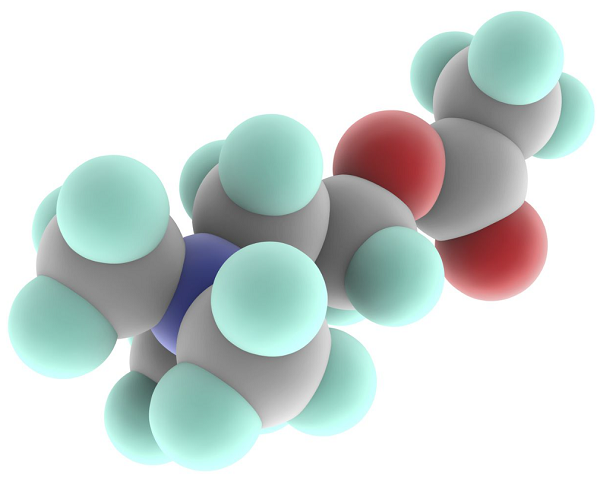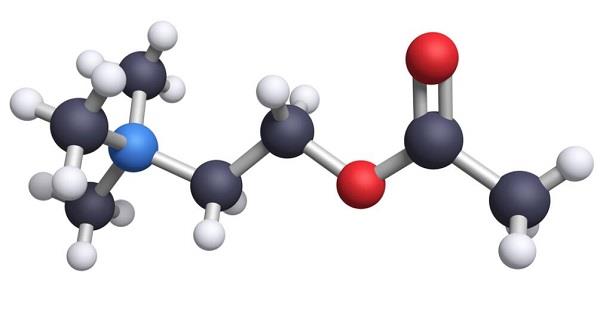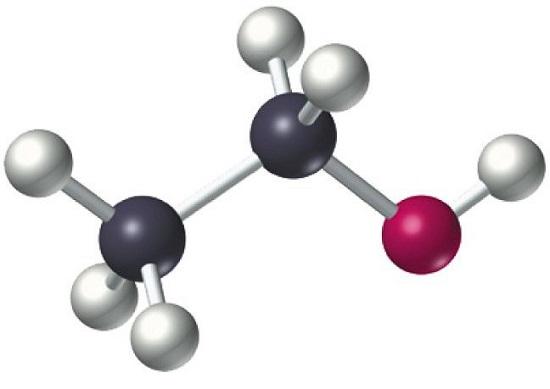What is Acetylcholine?
Acetylcholine is the endogenous neurotransmitter at cholinergic synapses and neuromuscular junctions in the central and peripheral nervous systems. Acetylcholine is involved in control of behavioral state, posture, cognition and memory, and the autonomous parasympathetic (and preganglionic sympathetic) nervous system. The actions of acetylcholine are mediated through nicotinic and muscarinic cholinergic receptors, which transduce signals via ion channel coupled and G-protein coupled receptor pathways, respectively.
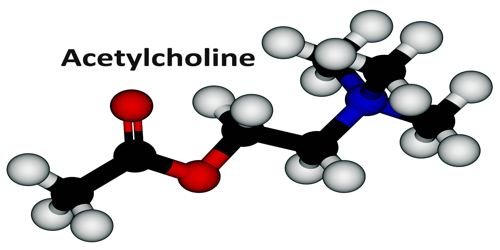
Uses
Acetylcholine is an endogenous neurotransmitter. It was the first neurotransmitter to be discovered. There are commercially available drugs that either block or mimic actions of acetylcholine. Commercial drugs used as cholinergic agonists mimic the action of acetylcholine (e.g. bethanechol, carbachol, and pilocarpine).
Cholinesterase inhibitors cause accumulation of acetylcholine and stimulation of the central nervous system, glands, and muscles. Some nerve agents such as the gas Sarin and organophosphate pesticides are examples. Clinically, acetylcholinesterase inhibitors are employed to treat myasthenia gravis and Alzheimer’s disease. Acetylcholine receptor antagonists are antimuscarinic agents (atropine, scopolamine), ganglionic blockers (hexamethonium, mecamylamine), and neuromuscular blockers (tubocurarine, pancuronium, succinylcholine).
Environmental Fate
Cholinergic agents can increase the acetylcholine level at the synaptic junction and cause rapid firing of the postsynaptic membrane. Antiacetylcholinesterase agents block the acetylcholinesterase enzyme and thus increase the acetylcholine level in the synapse causing rapid firing of the postsynaptic membrane.
You may like
Related articles And Qustion
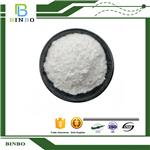
US $0.00/kg2025-04-02
- CAS:
- 51-84-3
- Min. Order:
- 1kg
- Purity:
- 99.8%
- Supply Ability:
- 1000 kg
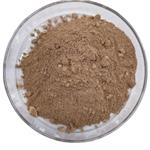
US $68.00/KG2025-03-21
- CAS:
- 51-84-3
- Min. Order:
- 1KG
- Purity:
- 99.99%
- Supply Ability:
- 5T

